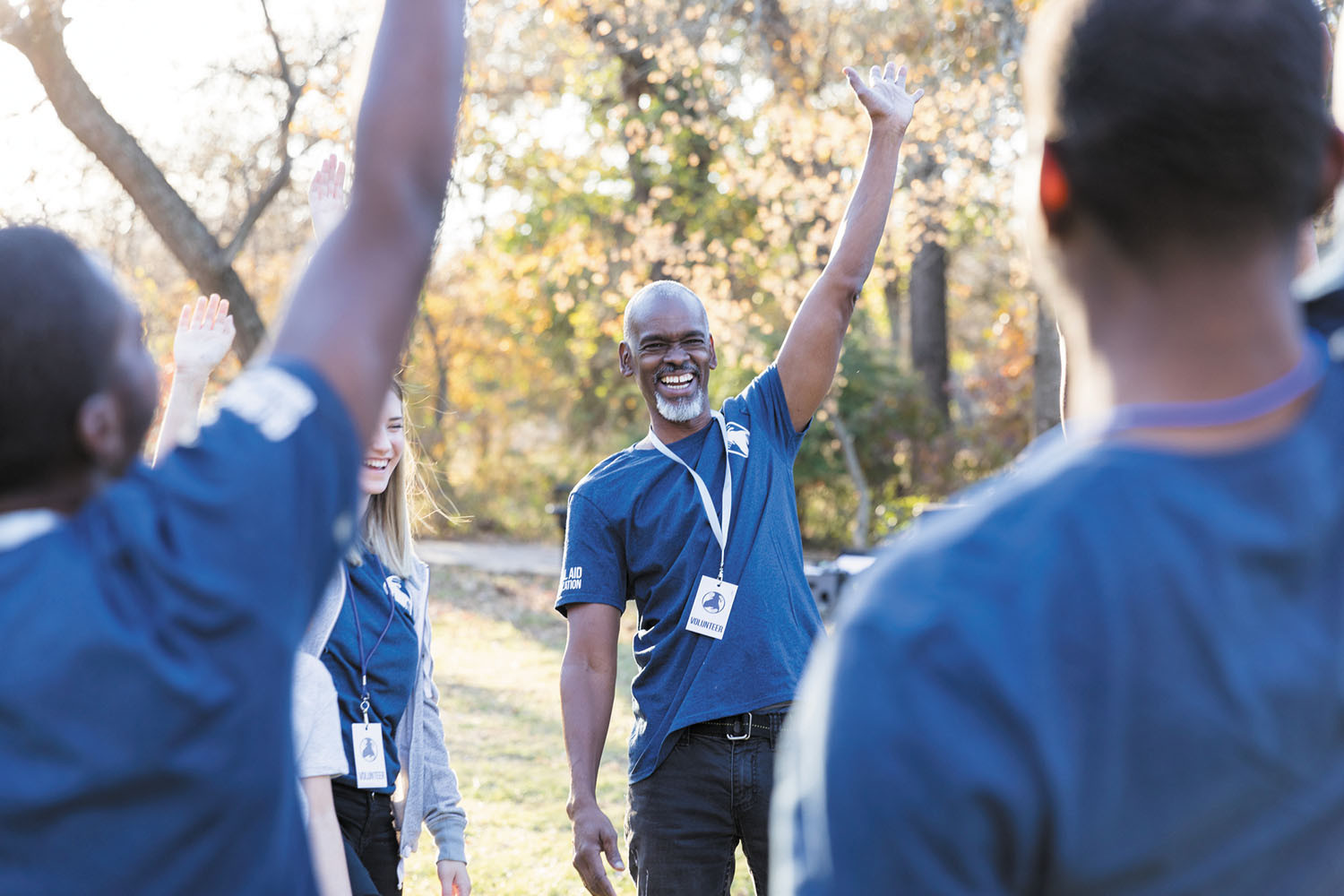
5 timeless habits for better health

What are the symptoms of prostate cancer?

Is your breakfast cereal healthy?

When pain signals an emergency: Symptoms you should never ignore

Does exercise give you energy?

Acupuncture for pain relief: How it works and what to expect

How to avoid jet lag: Tips for staying alert when you travel

Biofeedback therapy: How it works and how it can help relieve pain

Best vitamins and minerals for energy

Should you take probiotics with antibiotics?
Mind & Mood Archive
Articles
Navigating holiday pressures in the COVID-19 reality
Navigating tricky relationships during the holidays
A conversation about reducing the harms of social media
Social media can connect people across the globe, with a potential audience of millions of users. But no matter how many likes a post gets, it can feel like it's not enough, opening users — particularly young people — to potential mental health issues, and raising the question of whether the government should impose regulations on social media companies.
Can friends who listen help protect your memory and thinking skills?
Too much coffee may raise dementia risk
Mentally challenging jobs may reduce the risk of dementia
Diets rich in flavonoids linked to better brain health
Health and happiness go hand in hand
Do I have to yell so much?
Do you frequently find yourself in situations where you resort to yelling? If you feel like doing that doesn't help and doesn't make the situation better, that is a good first step. It helps to understand why people yell, but beyond that it's up to you to take control and employ strategies to regulate yourself in tense situations.
Some blood pressure drugs are linked with better memory

5 timeless habits for better health

What are the symptoms of prostate cancer?

Is your breakfast cereal healthy?

When pain signals an emergency: Symptoms you should never ignore

Does exercise give you energy?

Acupuncture for pain relief: How it works and what to expect

How to avoid jet lag: Tips for staying alert when you travel

Biofeedback therapy: How it works and how it can help relieve pain

Best vitamins and minerals for energy

Should you take probiotics with antibiotics?
Free Healthbeat Signup
Get the latest in health news delivered to your inbox!
Sign Up











